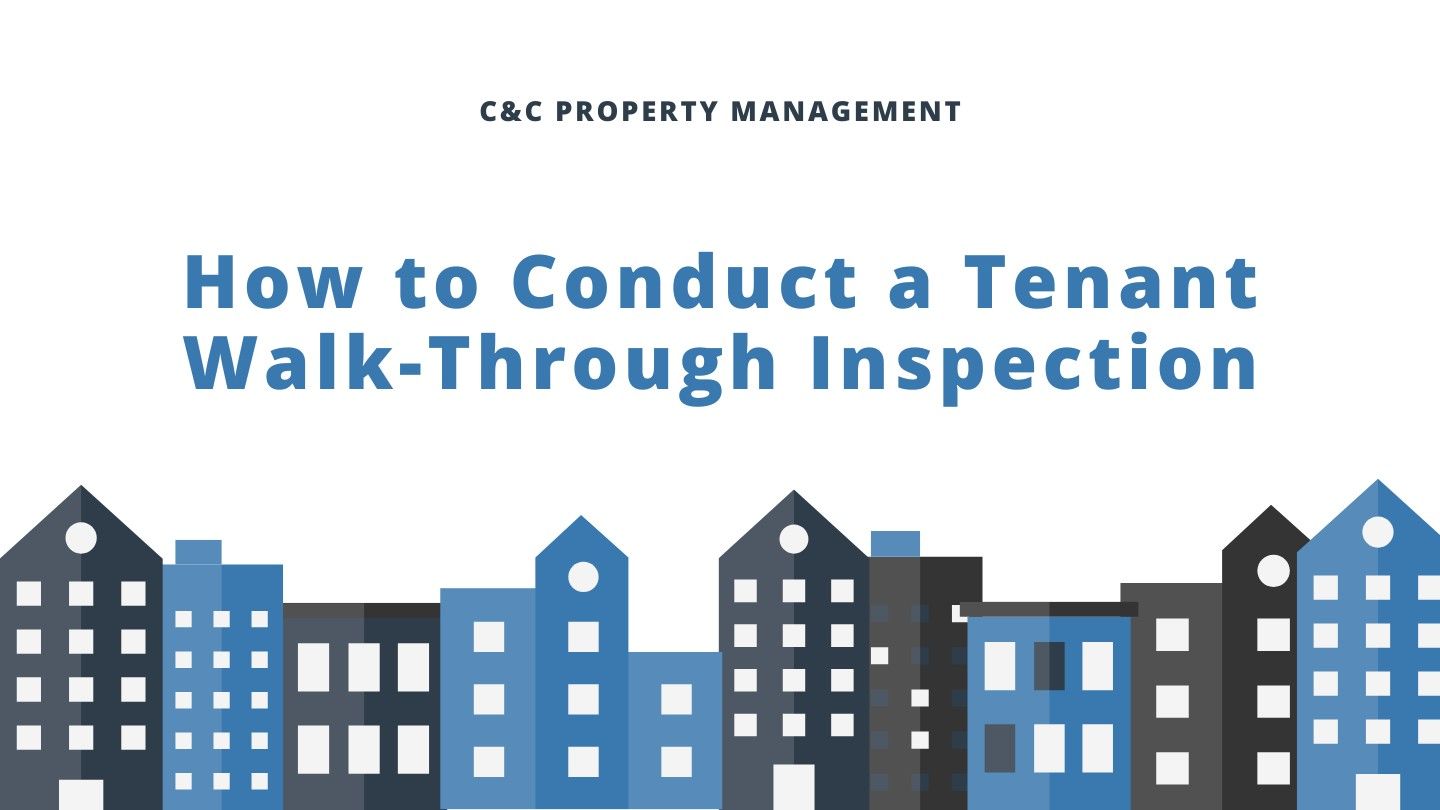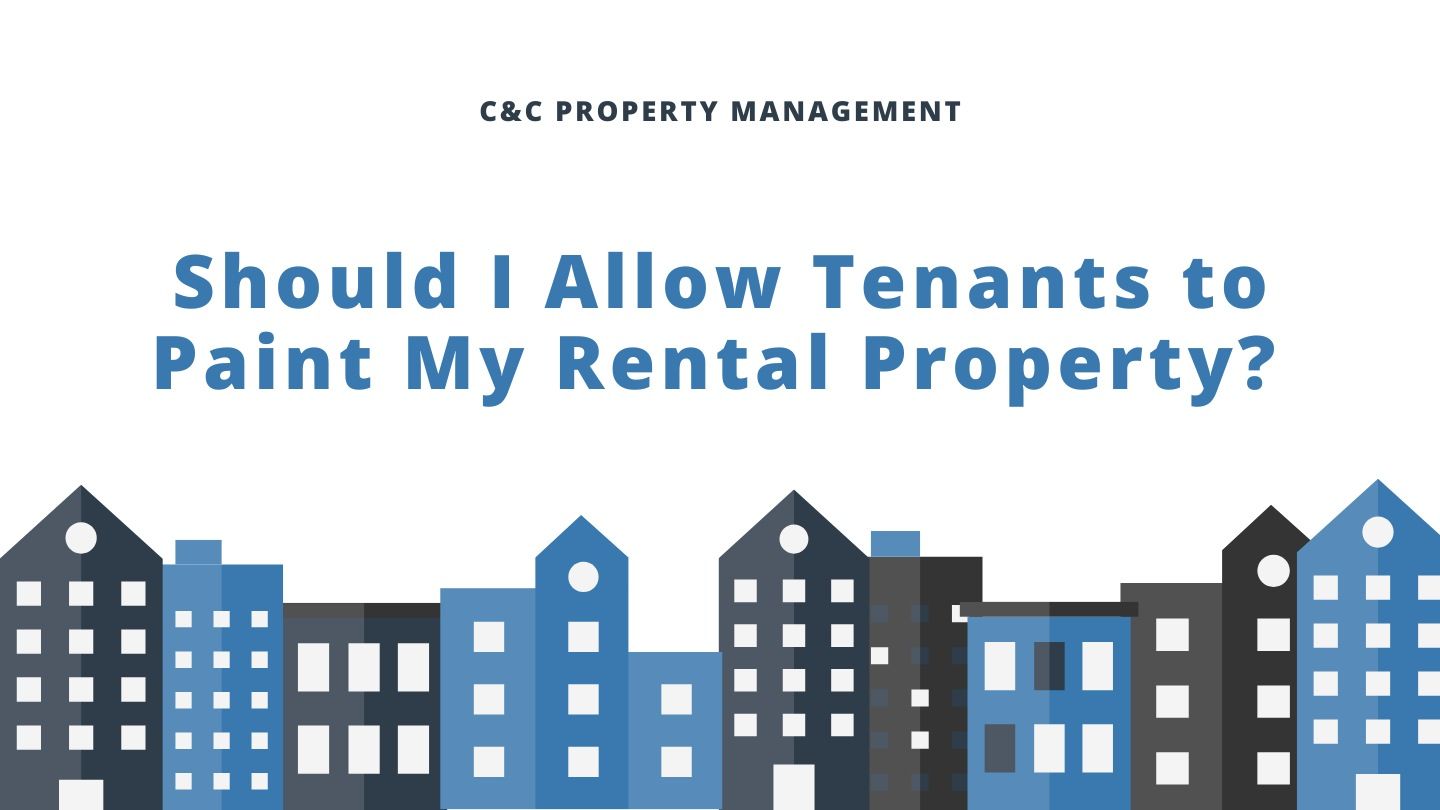Maximizing Your Returns: A Guide to Real Estate Investing
Investing in real estate is a great way to generate passive income, build long-term wealth, and diversify your portfolio.

However, there is no such thing as a one size fits all approach to real estate investing. The key to success in this industry is to understand your goals, do your research, and stick to a strategy. In this article, we'll outline some of the tried and true methods savvy investors use to increase cash flow and maximize their returns.
Choosing The Right Market
Finding the right market is one of the most critical factors in real estate investing. Ideally, you want a market that offers both positive cash flow and high appreciation to reap the most ROI. To generate passive income from your property, you will need to find a solid cash flow market. Cash flow is the profit collected from monthly rent after subtracting all monthly operating expenses.
Don't limit yourself to a single market.
Real estate markets vary widely from state to state and even from neighborhood to neighborhood. It's sometimes necessary to look beyond your geographical boundaries to find a more favorable market. The good news is that with the abundance of online resources, it's easier than ever to purchase and manage an investment property remotely.
Stick to a Strategy
Determining cash flow potential requires more than simply crunching numbers. First and foremost, you want to lay out a strategy and set incremental goals that align with your long-term vision. A well-defined plan will ensure a more calculated approach to decisions and mitigate the risk of costly mistakes.
Do Your Research
Due diligence is the fundamental difference between gambling your money and investing it. Proper due diligence focuses on both the macro and microeconomic factors. Start by focusing on the macroeconomics of your target area, such as population growth, employment rate, property taxes, and government policies. By assessing the macroeconomics, you get a better understanding of whether a market is worth looking into further.
After assessing the macro, zoom in on a neighborhood or small region. Consider the various elements that could impact the area's desirability, such as demographics, median household income, proximity to recreation, jobs, shopping, and anything that could impact the quality of life of those living and working in that area. The information is readily available online, including city websites and online resources, such as social media and community bulletin boards. An experienced local real estate agent can also offer valuable insight that may not be available online.
Consider Multifamily Investing
Although multifamily properties often come with a higher price tag than single-family properties, they are more likely to produce a high ROI. If you want to generate passive income from your rental property, multifamily is by far your best bet. A multifamily property is any residential property containing multiple units occupied by separate individual households. It is important to note that a single-family home occupied by multiple tenants does not constitute multifamily housing.
Multifamily properties are excellent investments for many reasons. Some of the pros include consistent cash flow, tax breaks, and easier financing. However, as with any investment, multifamily properties are not for everyone. Some of the cons include higher upfront costs, increased management responsibilities, and the potential for rent-related disputes.
In conclusion
real estate investing is a great way to generate passive income, build long-term wealth, and diversify your portfolio. To maximize your returns, choose the right market, stick to a strategy, and do your research. Consider multifamily investing as a potential option and weigh the pros and cons.








